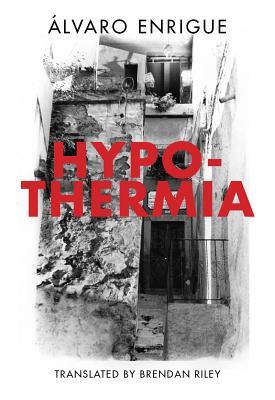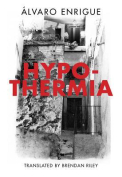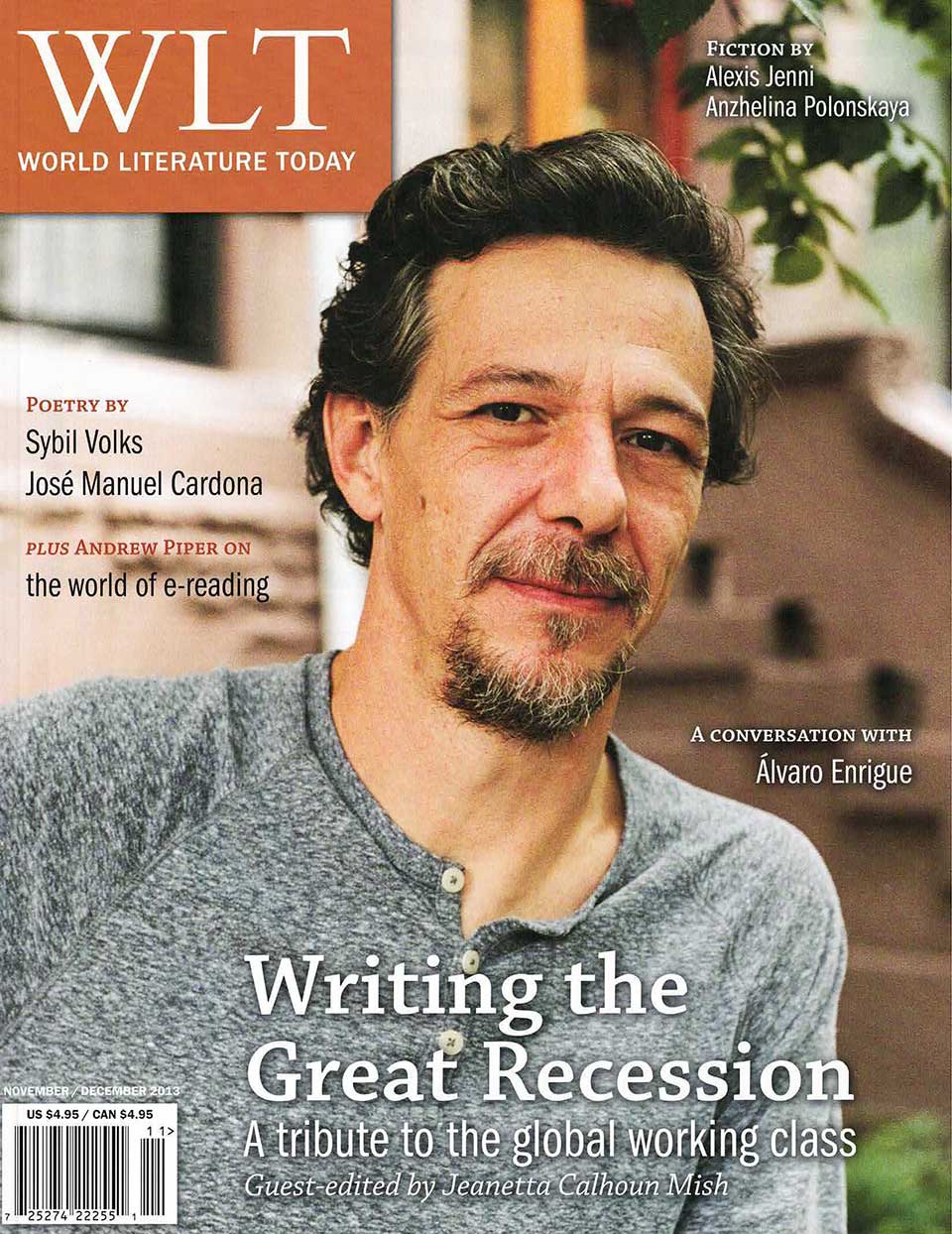Hypothermia by Álvaro Enrigue
Brendan Riley, tr. Champaign, Illinois. Dalkey Archive. 2013. ISBN 9781564788733
 The first of Mexican author Álvaro Enrigue’s six books to be published in English, Hypothermia comprises twenty carefully sequenced stories, beginning with an introduction of sorts (“Dumbo’s Feather”) and followed by groups of linked stories arranged in five named sections (“Scenes from Family Life,” “Saving Face,” “Filth,” “Grand Finales,” and “Two Waltzes toward Civilization”). The stories, too, are intricately structured and feature an eclectic selection of epigraphs, narrative voices, and modes, characters, and concerns while set mainly during recent years in Washington, DC, or Mexico, DF. In the words of one of Enrigue’s protagonists, a writer who has been working on a particular story for ten years: “I’ve tried the pastiche technique, direct narration, diary entries, epistolary form, even the dreaded stream of consciousness, but the whole thing keeps slipping through my fingers like a fistful of marbles.”
The first of Mexican author Álvaro Enrigue’s six books to be published in English, Hypothermia comprises twenty carefully sequenced stories, beginning with an introduction of sorts (“Dumbo’s Feather”) and followed by groups of linked stories arranged in five named sections (“Scenes from Family Life,” “Saving Face,” “Filth,” “Grand Finales,” and “Two Waltzes toward Civilization”). The stories, too, are intricately structured and feature an eclectic selection of epigraphs, narrative voices, and modes, characters, and concerns while set mainly during recent years in Washington, DC, or Mexico, DF. In the words of one of Enrigue’s protagonists, a writer who has been working on a particular story for ten years: “I’ve tried the pastiche technique, direct narration, diary entries, epistolary form, even the dreaded stream of consciousness, but the whole thing keeps slipping through my fingers like a fistful of marbles.”
Nothing slips through Enrigue’s fingers in Hypothermia, though. On the contrary, this neatly woven book gathers force from each text and section to the next. The “scenes from family life” become increasingly ominous, as if to introduce the subtly menacing and vaguely obsessive-compulsive protagonists in the second section or the growing depravity of the family man in the third. And even as these protagonists’ self-indulgence gives way to more academic topics in the following section, the final section crosses into popular-culture territory with a secretive televised cooking competition called Lard and other aspects of foodie culture. The final story also returns to Mexico City, where the book opens, suggesting a narrative cycle underscored in the dateline that serves as the final words of the book: “Mexico City—Washington, DC—Mexico City, 1996–2004.”
The majority of Enrigue’s protagonists are unnamed, well-educated Mexican men, émigrés who live in the United States for career opportunities, maybe even becoming citizens but still trying to negotiate the “gringo universe.” The composite identity of these characters over the course of the book—a professor of Latin American literature, a businessman at the World Bank, and a would-be celebrity chef of nouveau Mexican cuisine who researches Spanish colonial recipes—reveals a progressively more self-absorbed male in various stages of arrested development, from a harmless father gorging on sugary cereal and junk food while his family is away to another, less benign father having an affair with his boss’s wife, and, in the final story, a man visiting his native Mexico City who lives his male fantasy of raunchy sex with different adoring partners for several days.
Brendan Riley’s graceful translation and the inclusion of Hypothermia alongside other distinguished works of Latin American literature in the press’s list of publications bode well for future translations into English of Enrigue’s fiction. (Editorial note: To read an interview with Enrigue, see page 12.)
Catharine E. Wall
Riverside, California




